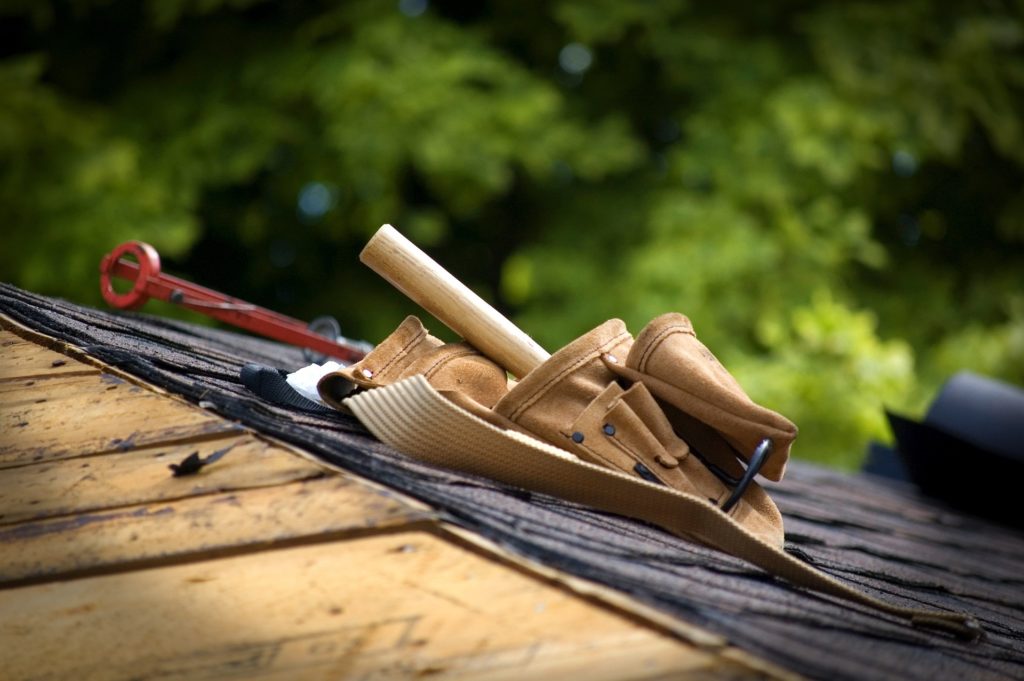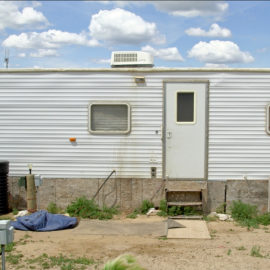
I am shocked! A hurricane strikes New Orleans and scammers are trying to bilk consumers to get the money. How can that be other than there are people who do this after every disaster and more.
Scammers are trying to exploit the Federal Emergency Management Agency’s efforts to help people whose homes were damaged and lives were disrupted by Hurricane Ida. From Baton Rouge to parishes near the coast, people have had FEMA inspectors knock on their doors to verify assistance claims they never filed. A FEMA spokesperson said would-be criminals are filing claims using stolen personal information, hoping to collect relief payments in other peoples’ names.
theadvocate.com
No one knows the scope of this problem but it is known that it is happening not just in Baton Rouge but throughout all the country.
FEMA officials can’t quantify the scale of those fraudulent claims. But they say it’s unfortunately common for people to take advantage of overwhelmed relief networks. And because of Ida’s punishing impact — it was the most powerful storm to strike the state since the 1850s, decimating infrastructure across South Louisiana from Port Fourchon to Greensburg — the fraud might be particularly widespread. “It’s just something you expect to happen with disasters,” said Nathan Custer, a FEMA spokesperson. “This one being huge in scope just intensifies the problem. We’re getting into not only fraud, but it’s also identity theft. They sort of go hand in hand.”
FEMA is where you apply and the scope of the damage makes the area ripe for fraud.
After the hurricane, people could apply for disaster assistance through FEMA’s website. So far, the agency has distributed $415,000 in Public Assistance Grants and over $742,000,000 in relief through its Individual and Household Program, according to its website. The money went to over 512,000 applicants. Retired insurance agent and Baton Rouge resident Terry Alario wasn’t one of them. Alario was watching the Saints play the New York Giants in New Orleans this past Sunday when he got a call from his wife, who had stayed home. An inspector from Vanguard Inspector Services, a FEMA subcontractor the agency hires for post-storm claim verification, was at their door, she told him. The couple’s home in Baton Rouge didn’t have any damage; Ida’s late jog to the east spared much of the city. And he and his wife “certainly hadn’t filed a claim with FEMA,” Alario said. But the Vanguard inspector appeared to have proper identification. Multiple calls to FEMA hotlines confirmed that someone, if not Alario, had definitely filed a claim using his name and address, the homeowner said. (Vanguard’s administrative offices did not return a phone message Wednesday). Alarmed, Alario hurried home from Caesar’s Superdome soon after his wife called. “It’s just weird,” Alario said. “Having been an (insurance) agent for 33 years, I can say it’s completely unusual for an inspector to arrive at your house unannounced like that.”
The problem, as I said, is state wide centered in the path of Ida. Homes with out damage might be the preferred target.
Down the bayou, in hard-hit Lafourche Parish, Thibodaux resident Misty McElroy went to file a disaster assistance claim through FEMA’s website in hopes of replenishing her refrigerator. All of her food spoiled when Ida’s 100-plus mile-per-hour winds knocked out her power. She wasn’t able to enter the system; the site said a claim in her name had already been filed, McElroy said. Confusing matters more was a series of text messages she received from FEMA, updating her on the claim that she’d never filed. If the fraudster who used her name to file a claim had access to her phone number, McElroy worried, maybe they had other bits of her personal information, too. McElroy still hasn’t been able to get assistance. It feels like a let-down, she said — less so for her than for people she knows for whom the stakes are higher, who’ve encountered the same problems with FEMA. “I have a place to live,” McElroy said. “But driving down these bayous and seeing people who don’t even have their homes — for people to go in and swoop their FEMA claims out from under them, that just makes me sad.”
If this has happened to you or if you know of such a case report the incident.
FEMA urges anyone who experiences an instance of suspected fraud to report it to local law enforcement, said Custer, the agency’s spokesperson. The Tangipahoa Parish Sheriff’s office got a call from a homeowner several weeks ago who fit that bill: someone who got a visit from a purported FEMA inspector despite never having filed an assistance claim, said Chief Jimmy Travis. For now, that appears to have been an isolated incident in the rural parish east of Baton Rouge, where Ida felled huge swaths of pine forest and flooded neighborhoods along rivers and tributaries.
We need to stay alert and vigilant as this is, sadly, not restricted only to hurricanes. I think there are ones who follow FEMA after any disaster just to do this.
Still, people should stay vigilant about fraud in the weeks ahead, said Tangipahoa Parish Emergency Director Dawson Primes. “If anyone shows up to their place claiming to be from FEMA, make sure they’re always in an official FEMA shirt and have an official FEMA ID around their neck,” Primes said. Alario’s calls to FEMA confirmed that he wasn’t the only one experiencing this problem, he said. “But I still don’t know where they got the information from,” he said.
It is sad that there are people who do this but human nature has created some bad apples who prey on people.



